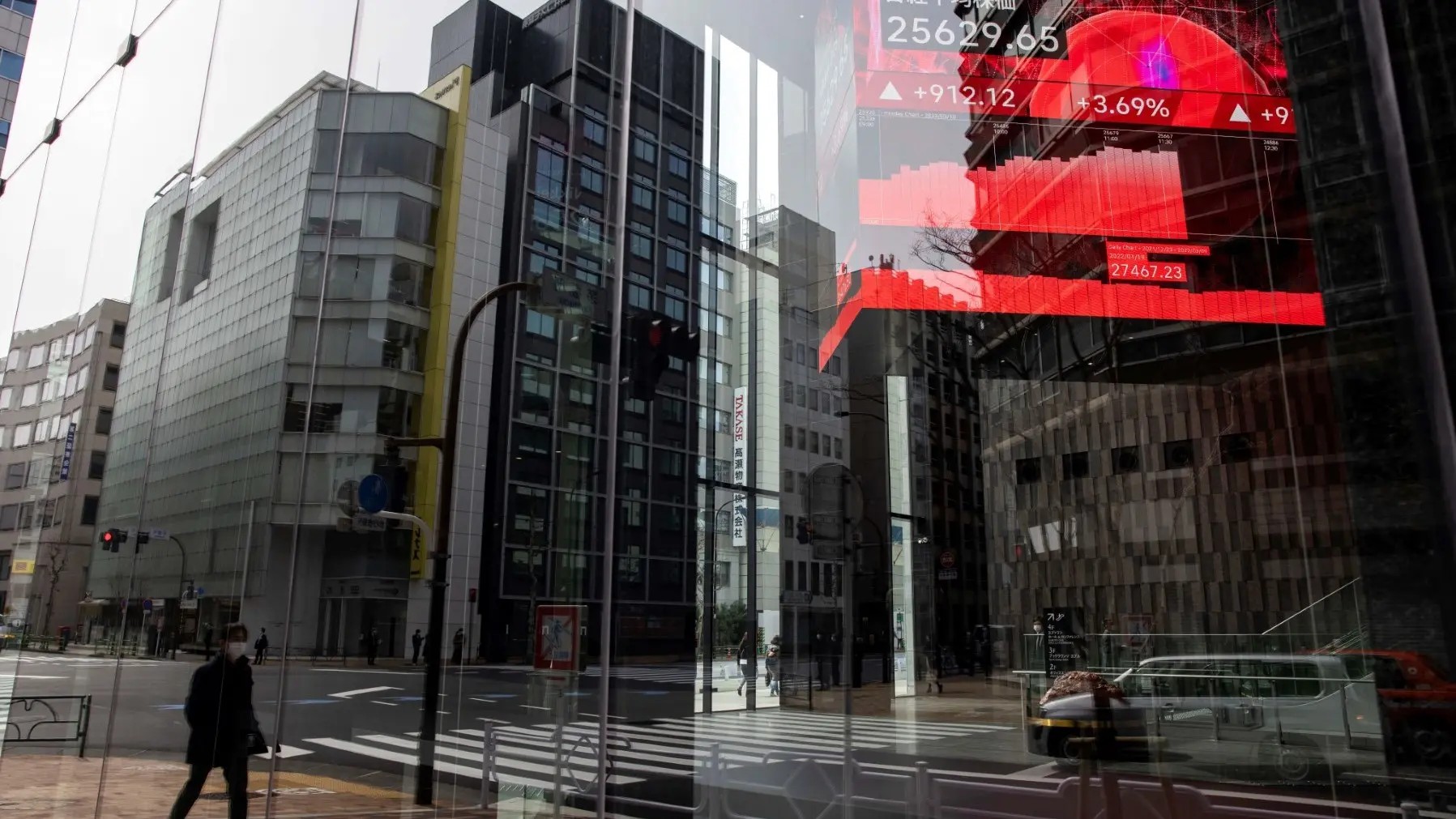Asian stocks rose on expectations that China may provide more stimulus to revive the world's second-largest economy after the United States began a monetary easing cycle, while gold prices touched a record high.
MSCI Asia Pacific Index rose as shares in China, Hong Kong and South Korea advanced. U.S. stock futures rose. China held a rare economic briefing on Tuesday from three top financial regulators as it cut one of its short-term interest rates, fueling speculation that a new stimulus plan is on the way.
Traders are looking for another round of measures to revive China’s growth and revitalize the global economy. While a slew of Chinese data on Friday added to the gloomy picture, U.S. statistics due later this week are likely to provide investors with fresh insights into the pace and scope of monetary easing by the Federal Reserve.
“Getting more support will definitely help the Chinese stock markets,” said Ken Wong, Asia equity portfolio manager at East Spring Investments Hong Kong. “Ultimately, getting consumers to spend and building that confidence will be key in China.”
Interest rate movements in Japan
The Japanese yen fell after Bank of Japan Governor Kazuo Ueda indicated on Friday that authorities were in no rush to raise interest rates again. Meanwhile, spot trading in U.S. Treasuries in Asia was halted due to a holiday in Japan.
On the other hand, the US dollar index was little changed, while Australian bonds fell ahead of a central bank meeting in which it is expected to keep monetary policy unchanged again on Tuesday, as expensive property prices continue to support persistently high inflation.
Central banks under the microscope
This week, the Swedish and Swiss central banks are scheduled to make monetary policy decisions, as well as statements from a number of US Federal Reserve officials, including state bank governors Raphael Bostic and Austin Goolsbee. The Fed’s preferred CPI data will also be released, along with US personal spending and income data.
Federal Reserve Governor Christopher Waller said on Friday that he expected a quarter-point rate cut at each of the central bank's next two policy meetings in November and December.
What markets will likely be looking for here is a delicate balance in the data, where deflation continues unhindered while the labor market doesn’t deteriorate sharply, Vishnu Varathan, head of economics and strategy at Mizuho Bank, told Bloomberg.
Markets on investors' radar
On the market front, oil rose after posting gains for a second week in a row, with the focus on the escalation of the conflict between Israel and Hezbollah. Worsening conditions in the Middle East could lead to a further rise in gold prices due to its safe-haven status.
Meanwhile, the US Commerce Department is said to be planning to unveil proposed rules banning hardware and software made in China and Russia for connected cars starting Monday.
In contrast, Sri Lanka's dollar-denominated bonds fell after leftist candidate Anura Kumara Dayasanaike won the presidential election, putting an IMF bailout and debt agreements at risk.
In Europe, French Prime Minister Michel Barnier said his new government could raise taxes on big companies and the wealthy as it seeks to fix a widening budget deficit and maintain bond market confidence. German Chancellor Olaf Scholz’s Social Democrats also managed to fend off the far-right Alternative for Germany party in the eastern state of Brandenburg, avoiding another embarrassing electoral defeat.






































